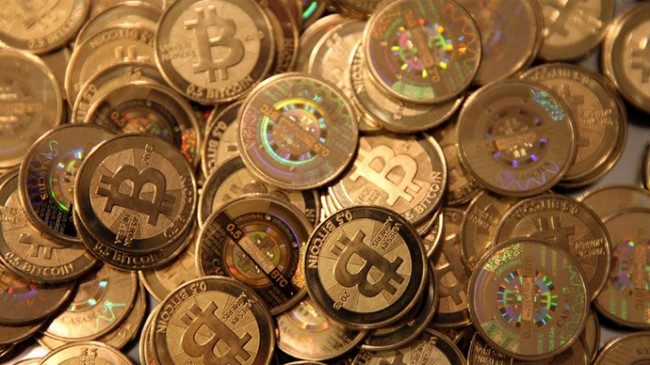Bitcoin Network has slowed down, thanks to increasing transactions and the currently fixed block size of 1 MB which is long overdue to be increased. As the number of transactions on the Bitcoin network increase, the generated blocks are getting filled up fast, leaving many transactions unprocessed. These unprocessed transactions are forced to wait till the next block is created. Until the miner includes the transaction data into a new block, the transactions are stored in the Bitcoin node memory pool.
New transaction data is constantly generated and this mismatch between the rate of transactions and block discovery has led to a massive backlog. Transactions are getting delayed. Due to increased demand (in terms of transactions) the mining fee for each transaction has gone up by over 10 fold. The miner fee incentivizes bitcoin miners to include the transactions into the blockchain. Miners tend to give priority to transactions with higher miner fee associated with them, because of the obvious reasons.
People are used to their transactions getting confirmed within few minutes of executing it. The delay in transactions has got many people worried, leading to a drastic increase in the number of support tickets raised with their wallet service providers. Most of these tickets are enquiries regarding delayed transactions.
Peter Smith, the CEO of Blockchain.info mentioned that his company has seen the support tickets increase by 110 percent in February compared to the previous month. He believes that the bitcoin users are now paying more for less value due to the backlog as the transactions are delayed even with higher average miner fees.
Bitcoin’s current path is worrying as there have not been many significant improvements in the network, and the current structure is becoming obsolete. If it goes on like this, delayed transaction will be least of anyone’s worries, for the whole bitcoin network will fall apart.



